As the climate crisis looms and marine environments become plagued with plastic pollutants, transitioning our economy to one that values sustainability and a circular model is more vital than ever. As governments remain hesitant to overhaul their economy to one that rids of single-use products, values sustainable development, and promotes a zero-waste mindset, businesses are taking it upon themselves to transition their business models to ones that push forward this idea of a zero-waste, circular economy. Here are six companies who are inspiring us to think circular.
Subaru
While it may seem ironic to include a car manufacturer in with companies doing environmental good, Subaru is truly creating a circular model of car manufacturing that could serve as a model for other manufacturers in years to come. Subaru is a zero-landfill automaker and has been such since 2004- the last time they sent something to a landfill. They have been pioneers of sustainable practices in the automotive industry since the late 80s, receiving a Recycling Achievement award in 1989 for their efforts to reduce waste and an Environmental Purification award in 1993 for their paint recycling program that kept over three million pounds of paint from landfills.
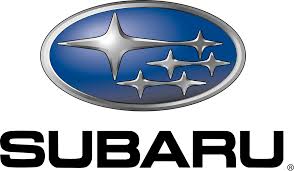
Plaine Products
Plaine Products is working to divert plastic waste from landfills by targeting a piece of plastic found in most peoples homes- shampoo bottles. Plaine Products uses an online, subscription-based platform to sell non-toxic shampoo, conditioner, body wash, and body lotion in reusable bottles. All of their ingredients are vegan and approved by the Environmental Working Group. Consumers can subscribe to the website to receive a new bottle of product as often as they see fit. Each time consumers receive a new bottle of product, they also receive a box and shipping label to return the old bottle for sanitation and reuse. This model is combining zero waste with convenience, attracting those who want to easily and conveniently reduce their waste. The company also partners with non-profits and other groups to help advance global sustainability efforts.
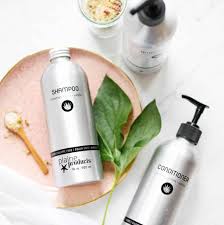
THINX
One woman will use nearly 11,000 single-use, disposable menstrual products in her lifetime. Many of these products will be made with synthetic materials, meaning they’ll still be sitting in a landfill long after we’re gone. As people have started moving towards a zero waste, circular mindset, many women have recognized the need for reusable period products- that's where THINX comes in. THINX makes reusable period underwear for menstruating humans, diverting single-use period products like pads and tampons from the landfill. They have a goal of making the company zero waste by 2025, and have made empowering women one of their central goals (a goal that will help fight climate change).
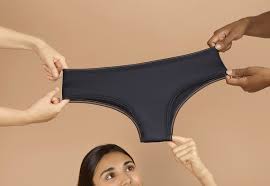
Algotek
While having no single-use products on the market is the ideal, circular world, many companies simply won’t (or can’t) completely rid of their use of single-use products. Algotek is hoping to meet these companies in the middle by providing the market with an algae-based plastic alternative. This algae-based “plastic” is 100% biodegradable and dissolves safely into water- making it safe for marine ecosystems. Algotek plastics are diverse in their thickness and durability, making it easy for them to tailor to the needs of different companies. Algotek is sustainable from the production side of things as well, as growing the algae needed to make these plastics absorbs CO2 from the atmosphere, offsetting emissions. Producing the plastics also creates no hazardous waste, and any byproduct from the creation of the plastic is recycled back into the system of production.
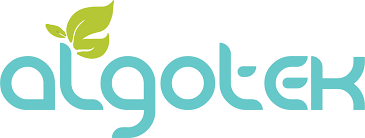
Loop
Loop is an online, global shopping platform that is working with big companies like Clorox, Febreze, Häagen-Dazs, and Pantene to sell their products in reusable packaging. Consumers can go to the Loop website to buy the name brand cleaning products, beauty products, or food products they would normally buy in any typical store. The twist? Instead of receiving them in plastic bottles, their usual packaging, they will receive them in reusable, stainless steel containers. When they use up the product, they simply send back the containers to Loop, who will sanitize and reuse the containers for future orders. This platform of selling traditional products in a non-traditional way is attracting consumers who want to reduce their waste, but don’t want to give up the products from big name brands that they have grown to love.
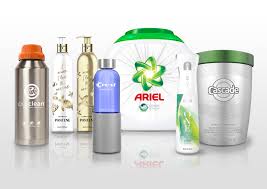
Zero Waste Club
And of course us. Hahaha. We are dedicating our lives to helping the planet and people. So if you don’t already know; Zero Waste Club is an online shopping website based in aiming to make plastic-free, sustainable, and ethical living accessible. They sell food, beauty products, and household products that are all made with sustainable and ethical practices, and also offer a wholesale option for other shops looking to incorporate sustainable, plastic-free items into their inventory. All of their items come in plastic-free packaging and are shipped completely plastic-free. In addition, the cost of planting a tree is incorporated into the cost of each item, so with each item they sell they plant a tree through the Eden Reforestation Projects. So far with this initiative, they have planted 14,140 trees.
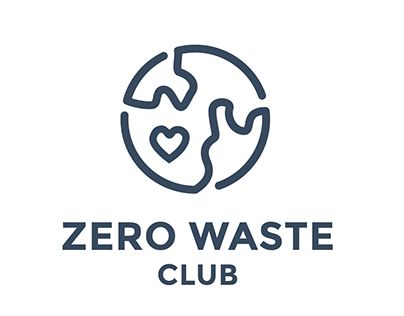

Kayla Guilliams
Is the blog manager for Zero Waste Club, combining her love for writing with her passion for all things environmental sustainability. She is currently a student at the University of North Carolina at Chapel Hill where she is studying journalism, environmental studies, and food studies in hopes of building a career in environmental activism. You can find her on Instagram as @kaylaguilliams.
